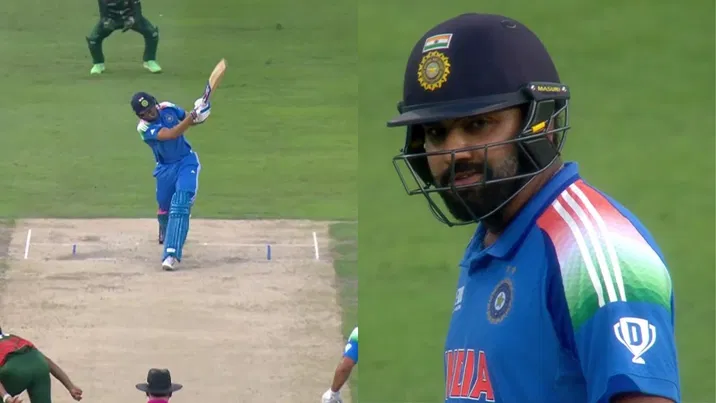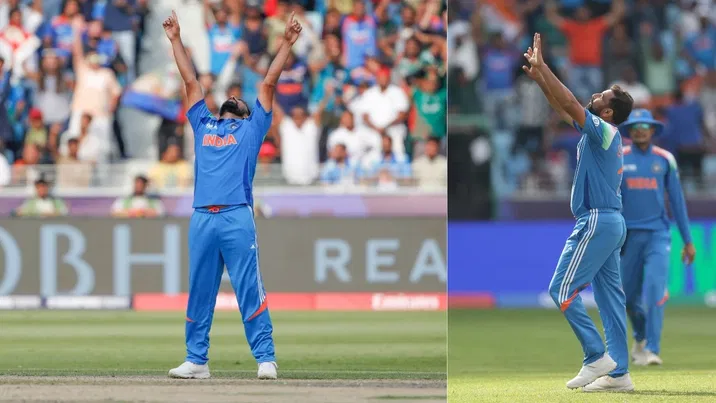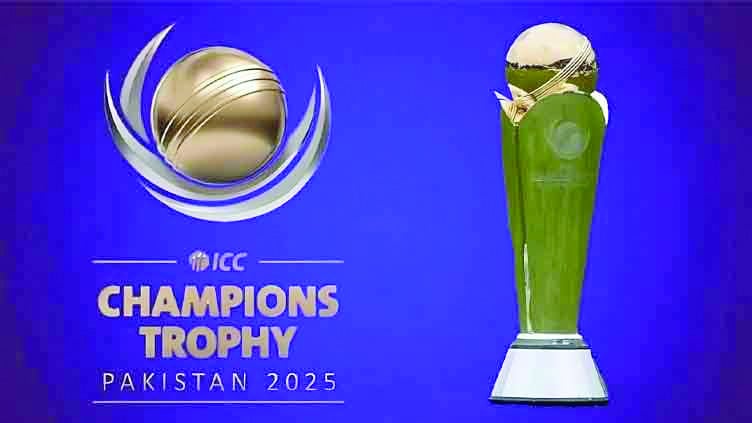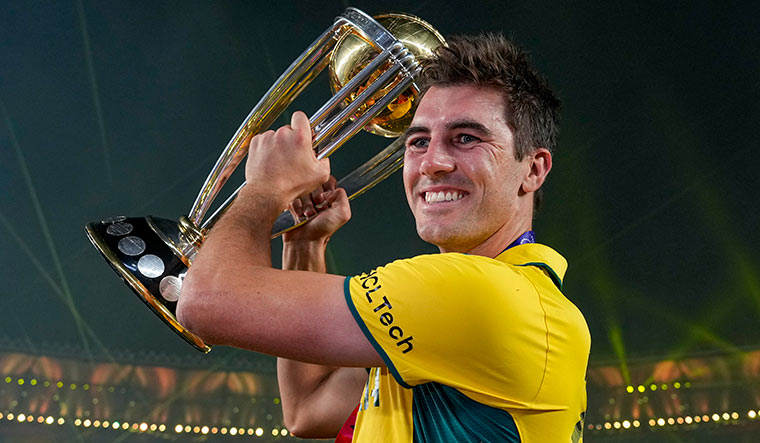
(Credit BCCI)
Sourav Ganguly, the former India captain and BCCI president, utilized social media to caution the Board of Control for Cricket in India (BCCI) against overlooking the importance of the selection process for the next head coach of the Indian men’s cricket team.
“The coach’s significance in one’s life, their guidance, and relentless training shape the future of any person, both on and off the field. So choose the coach and institution wisely…,” he posted.
While there hasn’t been an official confirmation yet, it’s been widely reported that Gautam Gambhir is the leading contender for the position of head coach for the Indian Cricket Team.
Rahul Dravid, who received a six-month extension following the conclusion of the 50-over World Cup held in October-November, will see his contract come to an end after the upcoming T20 World Cup next month. Although he has the opportunity to reapply for the position, it’s believed that he isn’t particularly interested in doing so.
Following his success in leading the Kolkata Knight Riders to their third IPL title on Sunday, it’s unsurprising that Gautam Gambhir is being widely considered as the top candidate for the position of head coach.
Reflecting on his track record, it’s worth noting that Gautam Gambhir’s journey with the Kolkata Knight Riders began in 2011 when he first steered the team into the playoffs. Over the subsequent three years, he captained the Shah Rukh Khan-owned franchise to two IPL championships. His leadership saw Kolkata consistently reach the playoffs in 2016 and 2017 before he departed for the Delhi Capitals in 2018. Gambhir retired from playing in the IPL during the same season.
In 2022, the renowned cricketer who had previously won the World Cup made a remarkable comeback to the IPL scene, taking on the role of mentor for the Lucknow Super Giants. Under his guidance, the team led by KL Rahul secured consecutive playoff berths from 2022 to 2023, showcasing their prowess. However, he later moved on to Kolkata.
BCCI secretary Jay Shah has unequivocally dismissed the notion of having separate coaches for the red and white ball formats, indicating a unified approach towards coaching in Indian cricket.




